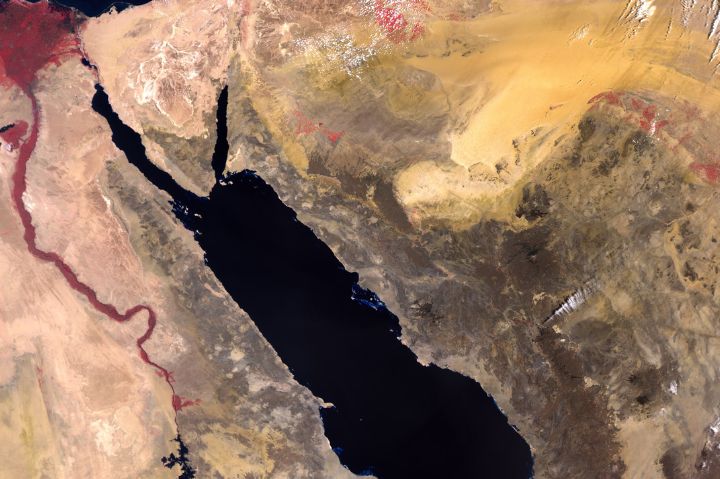In a startling revelation, the Wall Street Journal reported that Yemen’s Houthi militants are leveraging Russian satellite data to launch targeted attacks against vessels in the Red Sea. This alarming collaboration highlights a growing axis of support that extends beyond traditional alliances, raising significant concerns about regional stability and international shipping security.
According to sources familiar with the matter, including two unnamed European defense officials, the Houthis—an Iran-backed militant group entrenched in Yemen’s brutal conflict—have been utilizing Russian intelligence to enhance their drone and missile strikes against Western shipping vessels. This escalation of hostilities coincides with heightened tensions following Israel’s invasion of Gaza in 2023, which prompted the Houthis to intensify their maritime aggression.
The intelligence transfer is reportedly facilitated by Iran’s Islamic Revolutionary Guard Corps, further complicating an already volatile situation. This partnership underscores Russian President Vladimir Putin’s willingness to disrupt the Western economic and political order, as he seeks to sow instability across the Middle East and Asia. Analysts warn that such actions are designed to create complications for U.S. interests in the region.
This latest development comes on the heels of earlier reports that infamous Russian arms dealer Viktor Bout, released in a 2022 prisoner swap, is suspected of orchestrating a small arms deal with the Houthis. The intricate web of arms and intelligence trading illustrates how intertwined the fates of these actors have become.
Adding to the complexity, reports indicate that Iran has been brokering secret negotiations to transfer Yakhont supersonic anti-ship missiles to the Houthis, a move that would dramatically enhance their maritime strike capabilities. With these developments, the Houthis are poised to pose a significant threat to shipping lanes vital to global trade.
As these alliances deepen, the implications for international shipping and regional security are profound. The Red Sea, a crucial artery for global commerce, now finds itself at the center of a dangerous geopolitical game, where the stakes are rising and the potential for conflict looms larger than ever. As the world watches, the combination of Russian support and Houthi aggression presents a chilling reminder of the fragile nature of peace and stability in the region.












